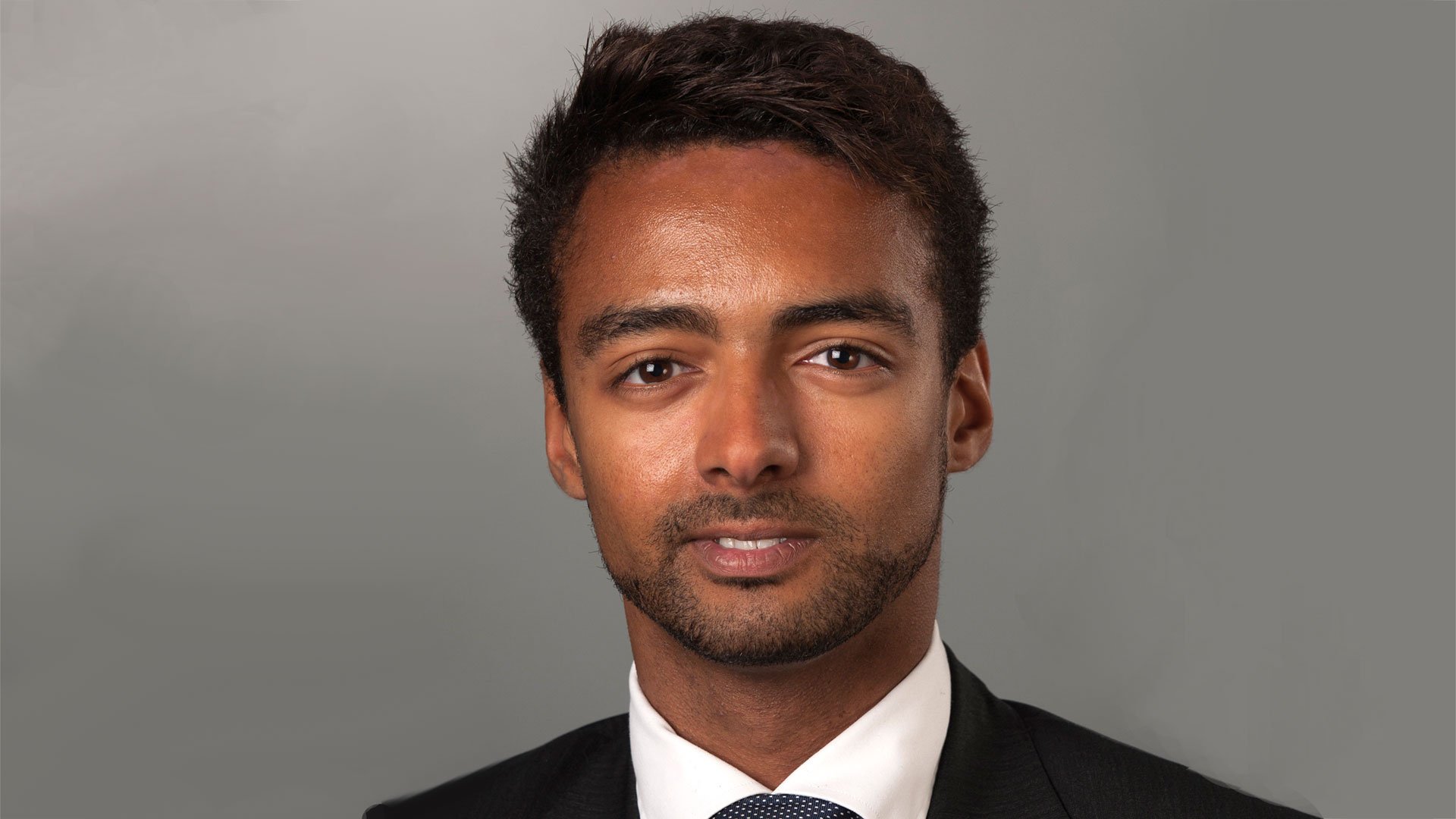Part Two in our Insights ‘Talent in the Spotlight’ feature focuses on Ian Clarke, Global Sales VP – Consumer Brands, Retail & Healthcare, HSBC. This rising talent shares his thoughts on career advancement and equality. Ian offers unique insights and a fresh perspective on the dialogue around diversity, inclusion and representation in finance. In the second part of our interview, we focus on his vision for the future of work.

What projects are you working on professionally at the moment and where do you hope they will lead?
In the aftermath of the George Floyd incident, a number of like-minded colleagues and I rallied internally, coordinating with each other to provide our senior executives around the world with ideas, offers of support and impact statements. One memorable night, I remonstrated for over two hours on the phone with two Group General Managers on what needed to be done. I was touched by their returned engagement and felt the unenviable weight that fell on their shoulders.
The board’s decision was valiant, with the bank now announcing a swathe of ground-breaking commitments, including the creation of a new US Head of D&I role,pledges to release D&I data publicly, a campaign to recruit talent directly from less represented communities, a minority-owned vendor accelerator scheme, plus big changes and quotas in the way we recruit, retain, promote and reward our minority staff. Black people desperately need our help right now, but longer-term D&I must mean fighting for equality for everyone – every race from the Americas to Africa and Asia and back, plus every gender and sexuality out there. We must learn to love our differences, because without uniqueness we are nothing special.
Do you have a motto or a particular inspiration (that could be a moment, a person or an experience) that you could share with us?
People sometimes don’t understand the value of differences.
One day in my early career, I was note-taker amongst an important meeting of seniors to discuss the ailing fortunes of a large retailer. If the company was deemed to have no future, the bank might withdraw its loan lines. Amongst the many big personalities, there were no women or people of colour. The psychologist in me looked on as dominant voices quickly directed the conversation towards an adverse outcome. I understood Groupthink but was ill-prepared for it to play out so vividly. I owed it to that customer and their employees to speak up if nobody else could, so there I was, challenging a stunned room of bankers with centuries more experience than my own. I’m not saying I changed their minds – the more balanced discussion that followed did and I’m proud that retailer continues to trade successfully today. But Groupthink is alive and well in boardrooms around the world, and that makes this D&I issue everyone’s problem.
What advice would you offer to those beginning their careers and facing challenges that you may have already experienced/triumphed over?
For years, I was a robot – copying the styles of other people, trying to blend in and say the things I thought people wanted to hear. I felt like an imposter, working alongside these people who lived a life of Oxbridge, golf and private members clubs that I found all a bit strange. But the bank’s ‘bring yourself to work’ campaign really resonated with me. Slowly I let my guard down and as more personality shone through, people warmed to me. I discovered myself and what made me special. Now, just like any successful company, I live by my own core values (‘fun banking, done right’) and my own mission statement (‘make banking better’). I firmly believe if I honour these strengths and that purpose, I can beat any challenge and excel in any role – so far, so good. So my advice would be 1) take time to understand and be yourself, 2) believe in yourself, then 3) stand up for yourself and what you believe in. Some people aren’t going to like who you are along the way, but if your values and mission are noble, no one can stop you.
What is the most important area to focus upon to improve representation at the top level of corporations and financial institutions, in your opinion?
Change is never easy. Some of my white friends are worried this movement could spell disadvantage for them. But black people aren’t seeking revenge or even the same privilege white people now enjoy. They just want a level playing field where they have the same opportunity to succeed as anyone else. With all the will in the world from Employee Resource Groups (ERG), CSR reports and consultants, this can’t happen organically – we’ve already seen that. Nothing’s changed for minorities since I joined banking 13-years ago. Today only five Fortune-500 CEOs are black – none of them are black women. Companies need to understand and accept the extent of the problem. I believe one area that could be imperative is the release of D&I data. That’s harder than it sounds, first you must gather accurate and representative D&I data from all employees – somewhat of a legal minefield, if they’ll even trust you with it. Next you make that data public, even if that means some short-term reputational damage (we all know what the data will show). Then you can use it to draw up a systematic strategy for identifying and mitigating the sources of any D&I biases in corporate systems and processes. Without measurement, there can be no success.
Read part 1